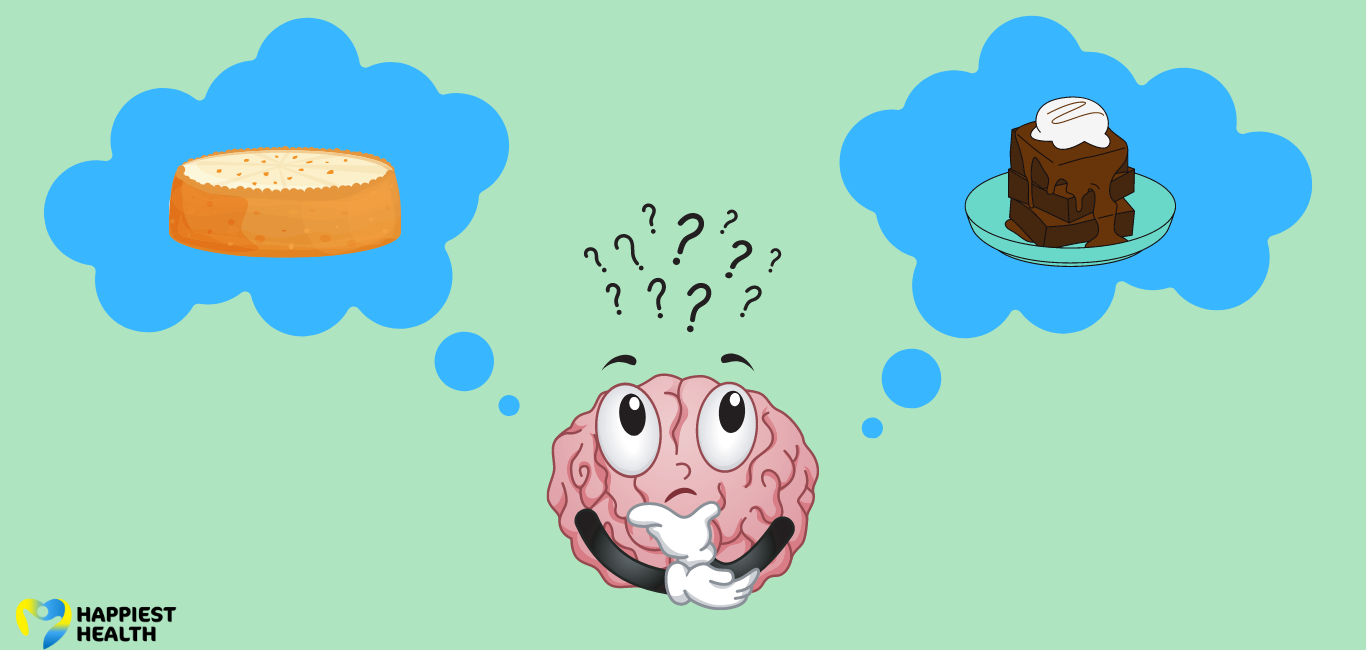
Picture this. You just had a delicious meal, and now you are debating the choice of a dessert: a cheesecake or a brownie. Either choice – a value-based one — should satisfy the sweet tooth.
A recent study published in Nature Human Behaviour decodes the brain regions involved in making value-based decisions.
“Value-based choices are decisions where there is not necessarily a right or wrong option, such as the choice between restaurants or between books to read,” says Prof Ueli Rutishauser, the senior author of the study. He is also professor of neurology, neurosurgery and biomedical sciences at Cedars-Sinai Medical Centre, in Los Angeles, USA.
Prof Rutishauser and his team deciphered which neurons are involved in specific brain regions in the different stages of decision-making.
The study opens up avenues to understanding cognitive processes and conditions such as addictions and obsessive disorders, which are primarily driven by choices and decisions.
Decisions, decisions!
For example, before we move into a new environment, we need to weigh in its pros and cons and the value or benefit it would bring in, apart from its novelty. The brain processes all this backstage.
Author and storyteller Captain Raghu Raman highlights this point in a TEDxGateway talk of April 2017 (`Stereotypes’) with a tale of two imaginary ancient tribes. The fearless and venturesome Tribe 1 thoughtlessly plunges into all kinds of action and soon gets annihilated without survivors.
He remarks, “We are probably descendants of Tribe 2” which analysed the pros and cons of every move and situation before acting with caution. And lived to thrive in future.
In the present study, researchers focused on three brain regions previously found to influence value-based decision-making. They are the pre-supplementary motor area (preSMA), ventromedial prefrontal cortex (vmPFC), and dorsal anterior cingulate (dACC). They discovered that preSMA spearheads decision-making.
Neurons that decide
The researchers wanted to understand how the brain considers different variables during decision-making. So, they implanted electrodes in 20 participants with drug-resistant epilepsy. It helped them monitor neuron activity in these brain regions while the participants played a game.
The computer game `Two-armed bandit’ is “specifically designed to distinguish factors like expected value, novelty and uncertainty during a decision-making task,” says Prof Rutishauser.
In each round of the game, the participants had to choose one bandit who was marked distinctly. The unique mark allowed the participants to identify whether they had previously selected the bandit and if this bandit would help them win. The scientists noticed different patterns of neuron activity in three different scenarios.
- familiar – when they knew they were going to win
- uncertain – they were not certain of winning
new scenarios – whether to choose novelty as it is exciting; or to stay with what is familiar.
The researchers observed that both individual neurons and their groups in the preSMA region were involved in decision-making. These neurons also helped select the options based on the bandits’ features – such as appearance or texture.
Averting future errors
The researchers also saw that the neurons updated the decisions after getting feedback and registering the outcomes. As per the study, this is what helps to predict errors for future decisions.
Rutishauser says that learning how the brain makes these choices could help us to understand neurological disorders, including addiction and obsessive-compulsive disorder. “Because all of these conditions can involve a person making the same choice over and over, which could result in their detriment,” he adds.
In a statement, Dr Adam Mamelak, director of the Functional Neurosurgery Program at Cedars-Sinai and a co-author of the study, says, “The unique window into the human brain is opened by these single-neuron recordings and continues to deepen our understanding of the precise mechanisms behind cognitive processes.”

















